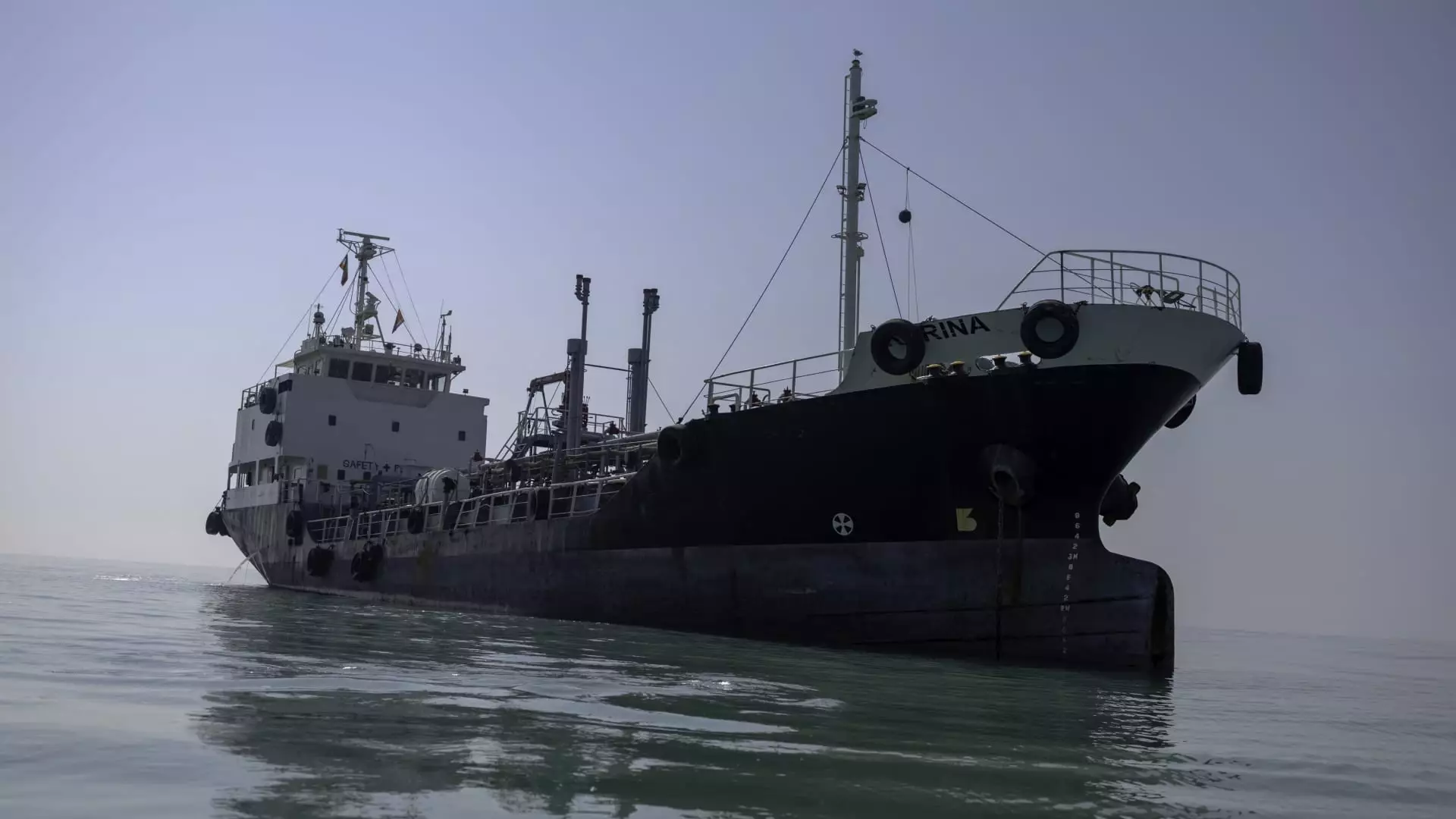The continuing escalation of hostilities between Israel and Iran has sparked significant upheaval in the maritime insurance market, leading to soaring costs for ship owners navigating through the volatile Red Sea and Persian Gulf. Recent data indicates that marine insurers have raised their rates dramatically, with coverage for ships transiting the Gulf now set at 0.2% of the vessel’s total value—up from a previous rate of 0.125%. This sharp increase in premiums reveals a worrying trend: as regional tensions deepen, the costs of doing business are becoming increasingly prohibitive.
Such hikes in insurance rates are not merely abstract numbers; they translate into tangible impacts for global shipping enterprises. The heightened risk perception means that basic operational costs are rising, which can lead to an inflationary cycle affecting everything from consumer goods to energy supplies. With insurance premiums soaring, shipowners often find themselves in a precarious position, forced to decide whether to continue operating in risky waters or seek safer, albeit less profitable, routes.
A Fragile Security Landscape
Marine insurers’ response to the Israel-Iran conflict reflects the deteriorating security landscape of the Middle East. As airstrikes continue to be exchanged between both nations, the implications for maritime safety are alarming. War risk insurance has notably spiked for the Red Sea, while coverage for Israeli ports has skyrocketed by over 300% to 0.7%. This surge has led insurance companies to limit the validity of quotes to a mere 24 hours, illustrating the urgency and uncertainty of the current climate. It’s a situation that alludes to the potential for conflict escalation, drawing not only regional stakeholders but also global powers into the fray—most worryingly, the looming specter of U.S. intervention.
Although worries about a broader conflict loom large, Marcus Baker, a global head of marine, cargo, and logistics at Marsh, provides a glimmer of pragmatic resilience. He notes that while heightened tensions exist, the shipping industry is still managing to ensure the flow of goods through these crucial areas. This tenuous balance, however, belies a deeper vulnerability within the industry that can only be resolved through a de-escalation of tensions and a focus on diplomatic solutions.
Navigating the Strait of Doom
Perhaps the most concerning aspect of this unfolding situation is the palpable unease among shipowners, particularly when it comes to the strategic Strait of Hormuz. This narrow and essential waterway, which connects the Persian Gulf to the Arabian Sea, enables a significant portion of global oil shipments. Reports have emerged of shipowners opting to bypass the Strait, a decision that has far-reaching consequences not just for their own operations but also for global energy markets.
As major players in the oil industry adopt a cautious stance, the implications are severe. Missing shipments could lead to swelling global energy prices and supply disruptions that affect consumers worldwide. Each decision to forgo transit through the Strait is not merely about immediate financial risks; it reflects deeper concerns about geopolitical stability that have ramifications far beyond the Middle Eastern theater.
The situation is emblematic of a broader struggle between economic prosperity and geopolitical tension. The maritime industry, which is inherently global and interconnected, finds itself at the mercy of conflicts ignited in distant lands. It serves as a crucial reminder that the stakes in regional conflicts extend far beyond borders, directly affecting global economies and the lives of ordinary citizens. An urgent recalibration of diplomatic engagement is needed to restore safety and security for maritime enterprises that are the lifeblood of international trade.


Leave a Reply